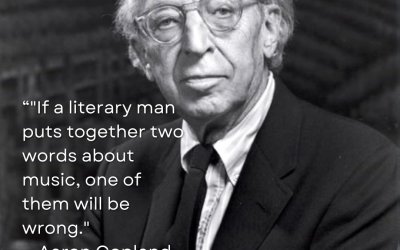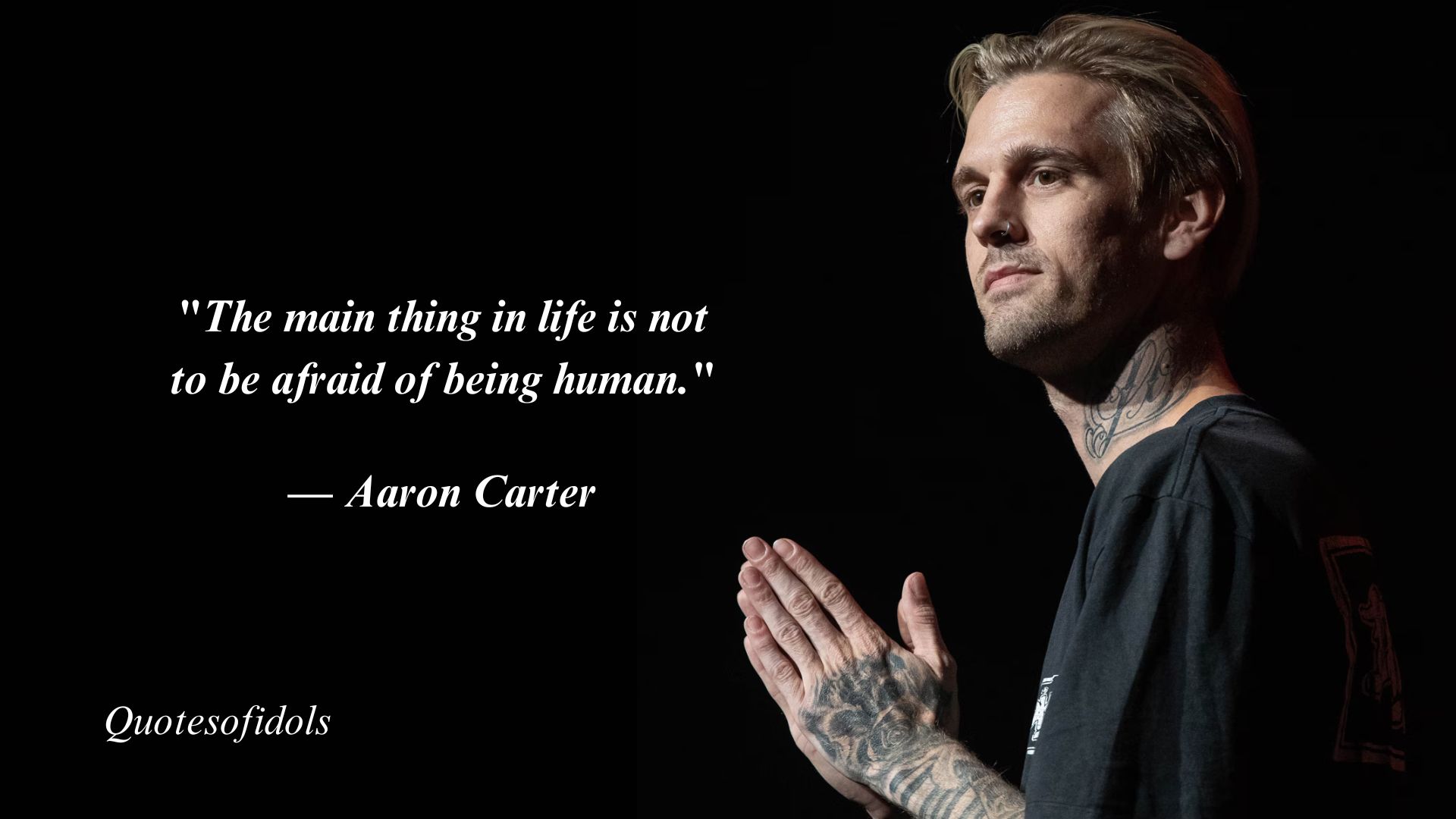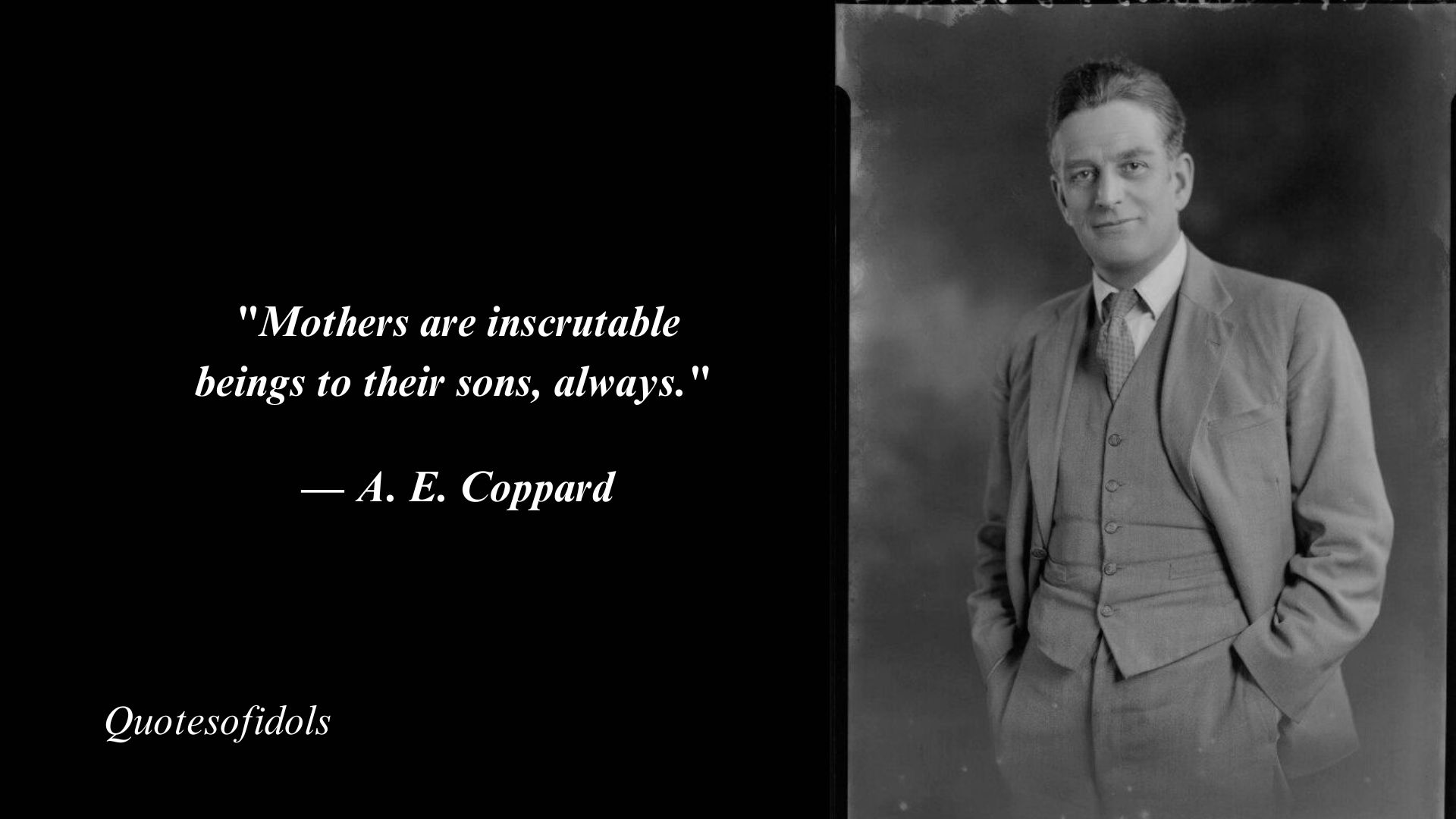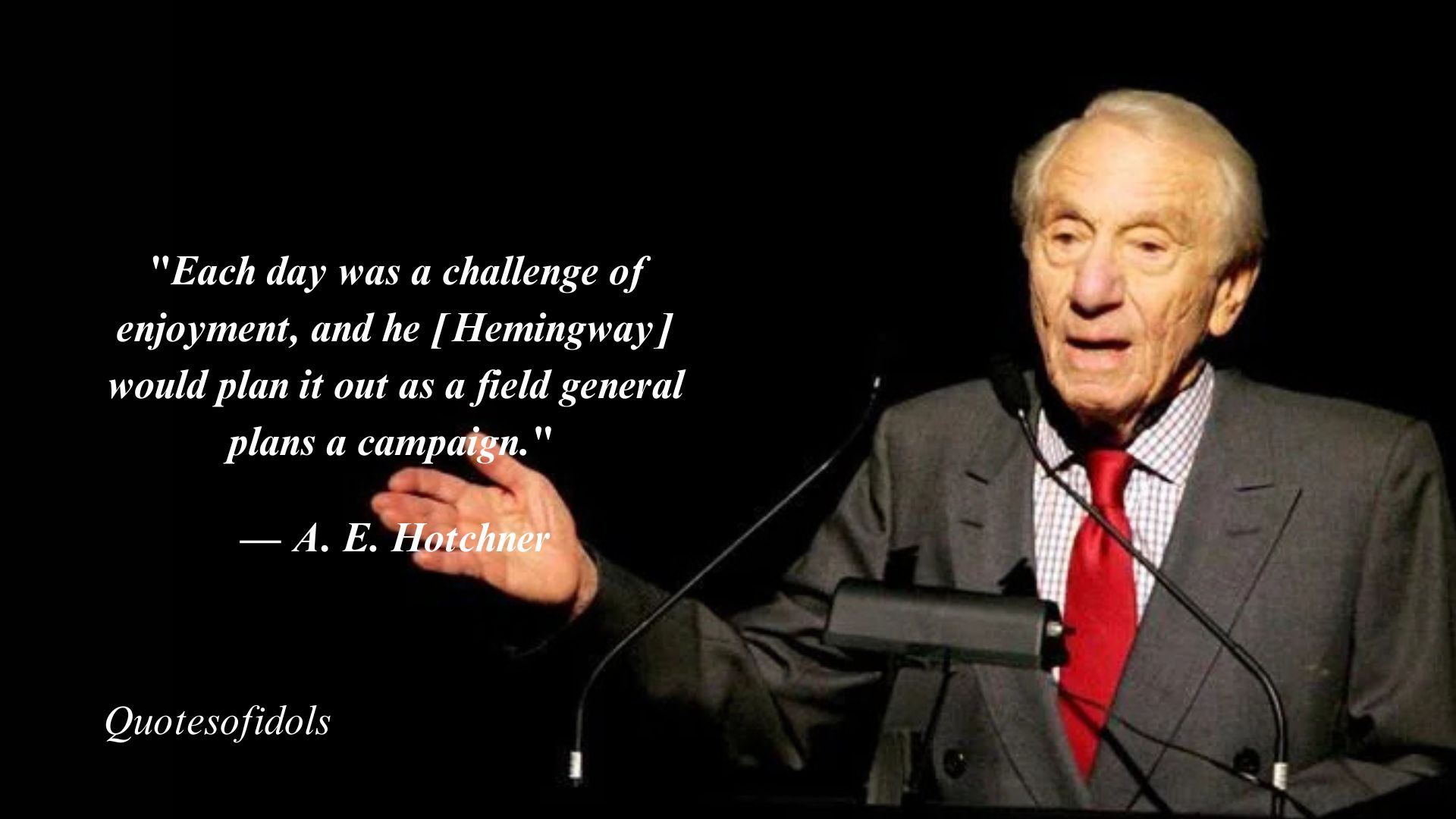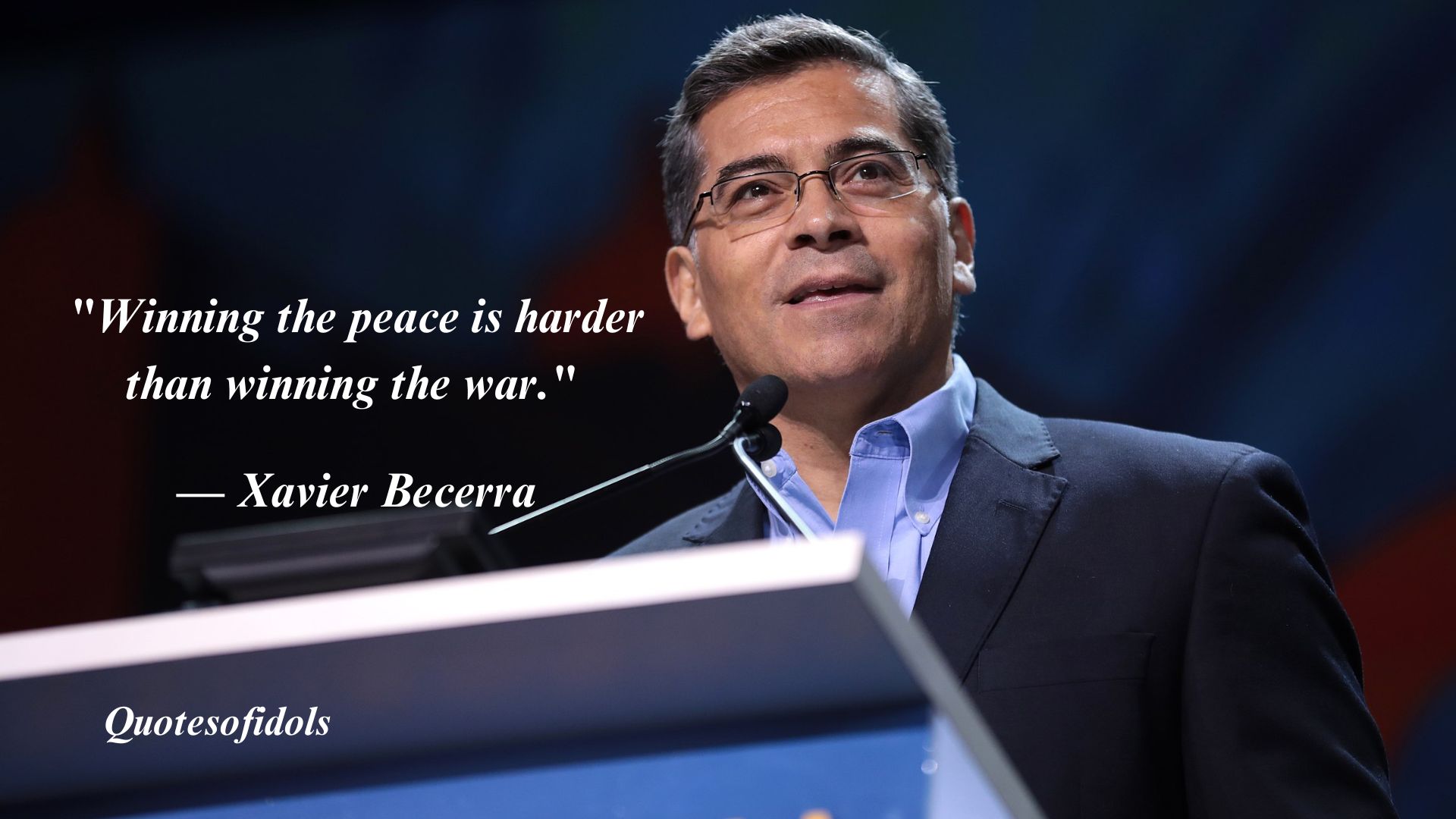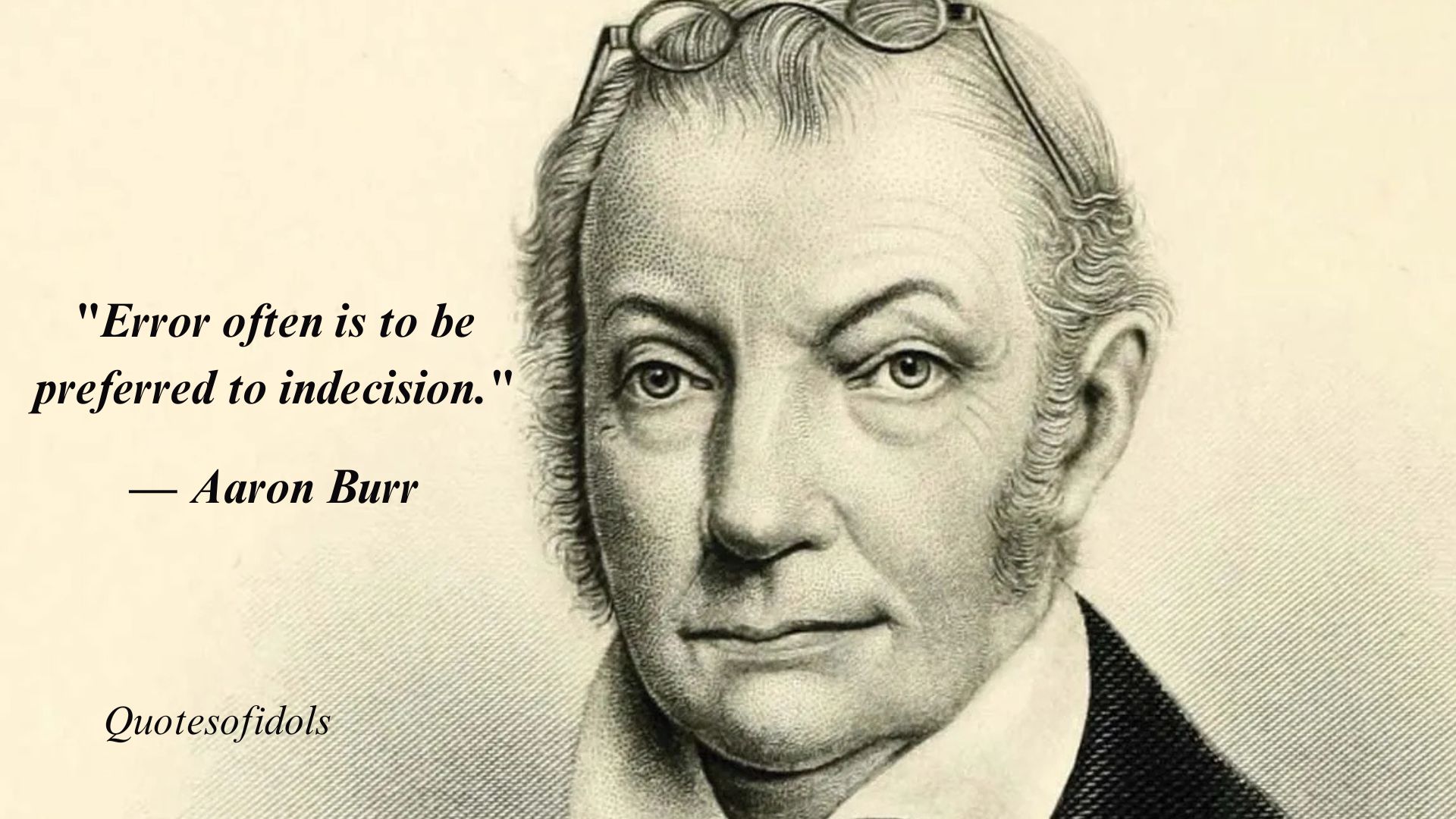Jawaharlal Nehru Quotes
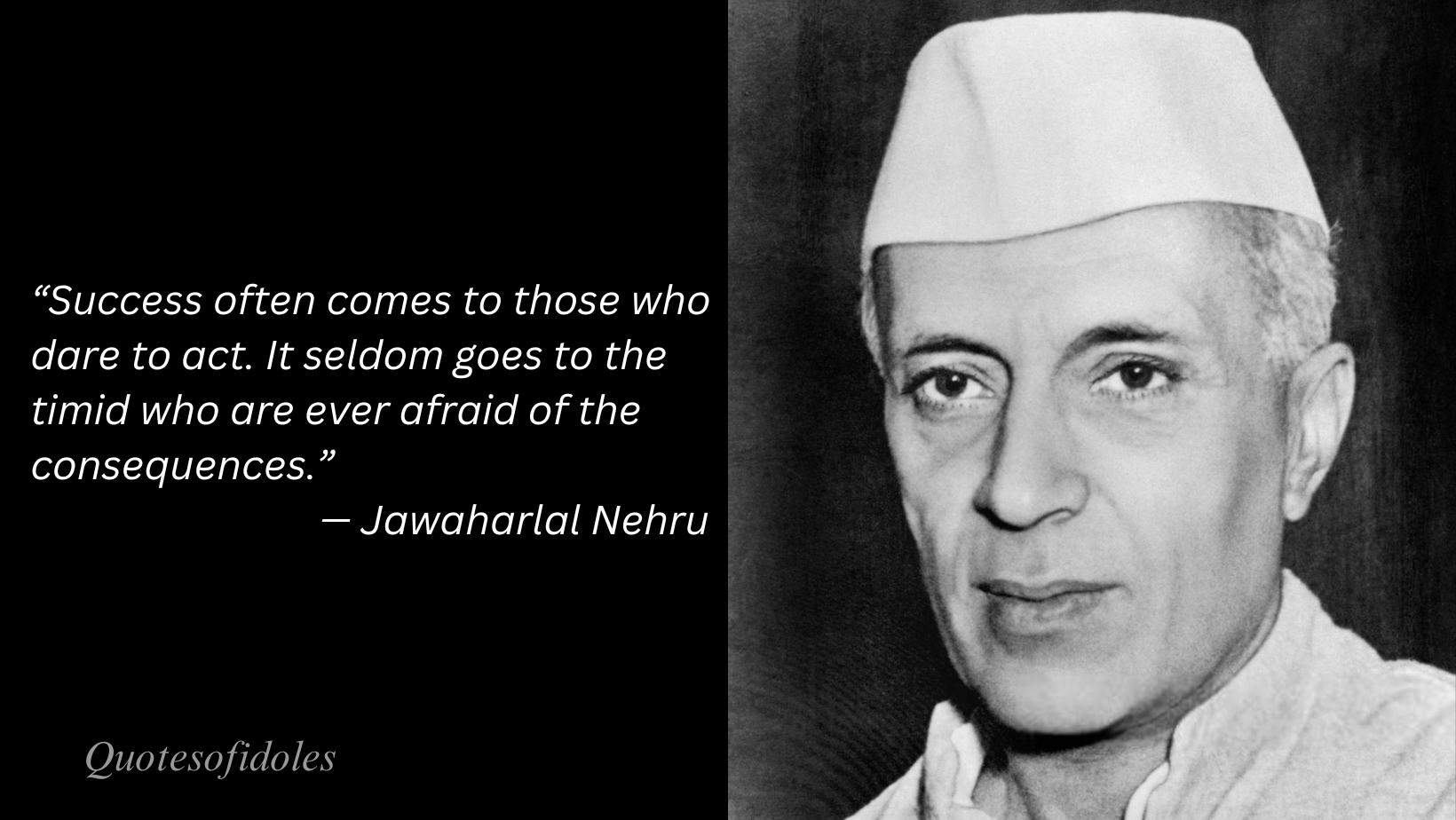
Jawaharlal Nehru (14 November 1889 – 27 May 1964) was an Indian anti-colonial nationalist, statesman, secular humanist, social democrat, and author who was a central figure in India during the middle of the 20th century. Nehru was a principal leader of the Indian nationalist movement in the 1930s and 1940s. Upon India’s independence in 1947, he served as the country’s first prime minister for 16 years. Nehru promoted parliamentary democracy, secularism, and science and technology during the 1950s, powerfully influencing India’s arc as a modern nation. In international affairs, he steered India clear of the two blocs of the Cold War. A well-regarded author, his books written in prison, such as Letters from a Father to His Daughter (1929), An Autobiography (1936) and The Discovery of India (1946), have been read around the world. The honorific Pandit has been commonly applied before his name.
Jawaharlal Nehru Quotes
1. “We live in a wonderful world that is full of beauty, charm and adventure. There is no end to the adventures that we can have if only we seek them with our eyes open.”
— Jawaharlal Nehru
2. “To be successful in life what you need is education.”
— Jawaharlal Nehru
3. “You can tell the condition of a nation by looking at the status of its women.”
— Jawaharlal Nehru
4. “Most things, except agriculture, can wait.”
— Jawaharlal Nehru
5. “Success often comes to those who dare to act. It seldom goes to the timid who are ever afraid of the consequences.”
— Jawaharlal Nehru
6. “Children are like buds in a garden and should be carefully and lovingly nurtured, as they are the future of the nation and the citizens of tomorrow.”
— Jawaharlal Nehru
7. “Life is like a game of cards. The hand you are dealt is determinism; the way you play it is free will.”
— Jawaharlal Nehru
8. “The future belongs to science and those who make friends with science.”
— Jawaharlal Nehru
9. “At the stroke of the midnight hour, when the world sleeps, India will awake to life and freedom. A moment comes, which comes but rarely in history, when we step out from the old to the new, when an age ends, and when the soul of a nation, long suppressed, finds utterance.”
— Jawaharlal Nehru
10. “Culture is the widening of the mind and of the spirit.”
— Jawaharlal Nehru
11. “Failure comes only when we forget our ideals and objectives and principles.”
— Jawaharlal Nehru
12. “Time is not measured by the passing of years but by what one does, what one feels, and what one achieves.”
— Jawaharlal Nehru
13. “Ignorance is always afraid of change.”
— Jawaharlal Nehru
14. “Do not advise too much: do the job yourself. This is the only advice you can give to others. Do it and others will follow.”
— Jawaharlal Nehru
15. “The Bhagavad Gita deals essentially with the spiritual foundation of human existence. It is a call of action to meet the obligations and duties of life; yet keeping in view the spiritual nature and grander purpose of the universe.”
— Jawaharlal Nehru
16. “The policy of being too cautious is the greatest risk of all.”
— Jawaharlal Nehru
17. “The person who talks most of his own virtue is often the least virtuous.”
— Jawaharlal Nehru
18. “Every little thing counts in a crisis.”
— Jawaharlal Nehru
19. “Facts are facts and will not disappear on account of your likes.”
— Jawaharlal Nehru
20. “Peace is not merely an absence of war. It is also a state of mind.”
— Jawaharlal Nehru
21. “The Ganga to me is the symbol of India’s memorable past which has been flowing into the present and continues to flow towards the ocean of the future.”
— Jawaharlal Nehru
22. “Poverty anywhere is a danger to prosperity everywhere.”
— Jawaharlal Nehru
23. “Play the hand you’re dealt.”
— Jawaharlal Nehru
24. “The ambition of the greatest men of our generation has been to wipe every tear from every eye. That may be beyond us, but so long as there are tears and suffering, so long our work will not be over.”
— Jawaharlal Nehru
25. “Culture is the widening of the mind and of the spirit. It is never a narrowing of the mind or a restriction of the human spirit or the country’s spirit.”
— Jawaharlal Nehru
26. “What we really are matters more than what other people think of us.”
— Jawaharlal Nehru
27. “Citizenship consists in the service of the country.”
— Jawaharlal Nehru
28. “You don’t change the course of history by turning the faces of portraits to the wall.”
— Jawaharlal Nehru
29. “There is nothing more horrifying than stupidity in action.”
— Jawaharlal Nehru
30. “At the dawn of history India started on her unending quest, and trackless centuries are filled with her striving and the grandeur of her success and her failures. Through good and ill fortune alike she has never lost sight of that quest or forgotten the ideals which gave her strength.”
— Jawaharlal Nehru
31. “A country is known by the way it treats its animals.”
— Jawaharlal Nehru
32. “Loyal and efficient work in a great cause, even though it may not be immediately recognized, ultimately bears fruit.”
— Jawaharlal Nehru
33. “Crises and deadlocks when they occur have at least this advantage, that they force us to think.”
— Jawaharlal Nehru
34. “A tyrst with destiny – A the stroke of midnight hour, when the world sleeps, India will awaken to life and Freedom.”
— Jawaharlal Nehru
35. “What we need is a generation of peace.”
— Jawaharlal Nehru
36. “Peace is not a relationship of nations. It is a condition of mind brought about by a serenity of soul. Peace is not merely the absence of war. It is also a state of mind. Lasting peace can come only to peaceful people.”
— Jawaharlal Nehru
37. “Evil unchecked grows, evil tolerated poisons the whole system.”
— Jawaharlal Nehru
38. “A great disaster is a symbol to us to remember all the big things of life and forget the small things, of which we have thought too much.”
— Jawaharlal Nehru
39. “We can’t encourage narrow mindedness, for no nation can be great whose people are narrow in thought.”
— Jawaharlal Nehru
40. “Democracy and socialism are means to an end, not the end itself.”
— Jawaharlal Nehru
41. “In the name of religion many great and fine deeds have been performed. In the name of religion also, thousands and millions have been killed, and every possible crime has been committed.”
— Jawaharlal Nehru
42. “A leader or a man of action in a crisis almost always acts subconsciously and then thinks of the reasons for his action.”
— Jawaharlal Nehru
43. “The boundaries of democracy have to be widened so as to include economic equality also. This is the great revolution through which we are all passing.”
— Jawaharlal Nehru
44. “Those who boast are seldom the great.”
— Jawaharlal Nehru
45. “I think the years I have spent in prison have been the most formative and important in my life because of the discipline, the sensations, but chiefly the opportunity to think clearly, to try to understand things.”
— Jawaharlal Nehru
46. “Please remember that law and sense are not always the same.”
— Jawaharlal Nehru
47. “I want nothing to do with any religion concerned with keeping the masses satisfied to live in hunger, filth, and ignorance.”
— Jawaharlal Nehru
48. “What is history, indeed, but a record of change?”
— Jawaharlal Nehru
49. “Let us be a little humble; let us think that the truth may not perhaps be entirely with us.”
— Jawaharlal Nehru
50. “The basic fact of today is the tremendous pace of change in human life.”
— Jawaharlal Nehru
51. “Democracy is good. I say this because other systems are worse. So we are forced to accept democracy. It has good points and also bad. But merely saying that democracy will solve all problems is utterly wrong. Problems are solved by intelligence and hard work.”
— Jawaharlal Nehru
52. “I am the last Englishman to rule in India.”
— Jawaharlal Nehru
53. “Where freedom is menaced or justice threatened or where aggression takes place, we cannot be and shall not be neutral.”
— Jawaharlal Nehru
54. “Without peace, all other dreams vanish and are reduced to ashes.”
— Jawaharlal Nehru
55. “It is a fundamental rule of human life, that if the approach is good, the response is good.”
— Jawaharlal Nehru
56. “Long years ago, we made a tryst with destiny, and now the time comes when we shall redeem our pledge, not wholly or in full measure, but very substantially. At the stroke of the midnight hour, when the world sleeps, India will awake to life and freedom. A moment comes, which comes but rarely in history, when we step out from the old to the new, when an age ends, and when the soul of a nation, long suppressed, finds utterance.”
— Jawaharlal Nehru
57. “It is the habit of every aggressor nation to claim that it is acting on the defensive.”
— Jawaharlal Nehru
58. “Democracy is good. I say this because other systems are worse.”
— Jawaharlal Nehru
59. “The future has to be lived before it can be written about.”
— Jawaharlal Nehru
60. “Time is not measured by the years that pass by, instead by the things you do, feel or accomplish…”
— Jawaharlal Nehru
61. “Obviously, the highest type of efficiency is that which can utilize existing material to the best advantage.”
— Jawaharlal Nehru
62. “Blood and tears are going to be our lot, whether we like them or not. Our blood and tears will flow; maybe the parched soil of India needs them so that the fine flower of freedom may grow again.”
— Jawaharlal Nehru
63. “The only alternative to coexistence is codestruction.”
— Jawaharlal Nehru
64. “There is perhaps nothing so bad and so dangerous in life as fear.”
— Jawaharlal Nehru
65. “The forces in a capitalist society, if left unchecked, tend to make the rich richer and the poor poorer.”
— Jawaharlal Nehru
66. “It is far better to know our own weaknesses and failures than to point out those of others.”
— Jawaharlal Nehru
67. “For the first time i began to think, consciously and deliberately of religion and other worlds. The Hindu religion especially went up in my estimation; not the ritual or ceremonial part, but it’s great books, the “Upnishads”, and the “Bhagavad Gita”.”
— Jawaharlal Nehru
68. “The light has gone out of our lives and there is darkness everywhere following Gandhi’s assassination.”
— Jawaharlal Nehru
69. “I have long believed that the only way peace can be achieved is through world government.”
— Jawaharlal Nehru
70. “As fear is a close companion to falsehood, so truth follows fearlessness.”
— Jawaharlal Nehru
71. “Action to be effective must be directed to clearly conceived ends.”
— Jawaharlal Nehru
72. “The man who has gotten everything he wants is all in favor of peace and order.”
— Jawaharlal Nehru
73. “India has known the innocence and insouciance of childhood, the passion and abandon of youth, and the ripe wisdom of maturity that comes from long experience of pain and pleasure; and over and over a gain she has renewed her childhood and youth and age.”
— Jawaharlal Nehru
74. “History is the record of human progress, a record of the struggle of the advancement of the human mind, of the human spirit, towards some known or unknown objective.”
— Jawaharlal Nehru
75. “It is now clear that science is incapable of ordering life. A life is ordered by values.”
— Jawaharlal Nehru
76. “I have always thought that the best way to find out what is right and what is not right, what should be done and what should not be done, is not to give a sermon, but to talk and discuss, and out of discussion sometimes a little bit of truth comes out.”
— Jawaharlal Nehru
77. “But if we go in for reservations on communal and caste basis, we swamp the bright and able people and remain second-rate or third-rate. I am grieved to learn of how far this business of reservation has gone based on communal considerations. It has amazed me to learn that even promotions are based sometimes on communal or caste considerations. This way lies not only folly, but disaster. Let us help the backward groups by all means, but never at the cost of efficiency.”
— Jawaharlal Nehru
78. “Our chief defect is that we are more given to talking about things than to doing them.”
— Jawaharlal Nehru
79. “I am getting old and the sign of old age is that I begin to philosophize and ponder over problems which should not be my concern at all.”
— Jawaharlal Nehru
80. “Lasting peace can come only to peaceful people.”
— Jawaharlal Nehru
81. “All the nations and peoples are too closely knit together today for any one of them to imagine that it can live apart. Peace has been said to be indivisible, so is freedom, so is prosperity now, and so also is disaster in this one world that can no longer be split into isolated fragments.”
— Jawaharlal Nehru
82. “A man who is afraid will do anything.”
— Jawaharlal Nehru
83. “The person who runs away exposes himself to that very danger more than a person who sits quietly.”
— Jawaharlal Nehru
84. “Theoretical approaches have their place and are, I suppose, essential but a theory must be tempered with reality.”
— Jawaharlal Nehru
85. “I do not attach much importance to America’s bombs. I attach importance to her great vitality and integrity. The strength of America is deeper and more significant than her financial power.”
— Jawaharlal Nehru
86. “The art of a people is a true mirror of their minds.”
— Jawaharlal Nehru
87. “To be in good moral condition requires at least as much training as to be in good physical condition.”
— Jawaharlal Nehru
88. “Those who are prepared to die for any cause are seldom defeated.”
— Jawaharlal Nehru
89. “Politics and Religion are obsolete. The time has come for Science and Spirituality.”
— Jawaharlal Nehru
90. “Unity must be of the mind and heart, a sense of belonging together and of facing together those who attack it.”
— Jawaharlal Nehru
91. “I was taught by a great man, never to hate – and never to fear.”
— Jawaharlal Nehru
92. “No country or people who are slaves to dogma and the dogmatic mentality can progress, and unhappily our country and people have become extraordinarily dogmatic and little-minded.”
— Jawaharlal Nehru
93. “It is fitting that at this solemn moment we take the pledge of dedication to the service of India and her people and to the still larger cause of human ity.”
— Jawaharlal Nehru
94. “Great causes and little men go ill together.”
— Jawaharlal Nehru
95. “Logic and cold reason are poor weapons to fight fear and distrust. Only faith and generosity can overcome them.”
— Jawaharlal Nehru
96. “There is only one thing that remains to us, that cannot be taken away: to act with courage and dignity and to stick to the ideals that have given meaning to life.”
— Jawaharlal Nehru
97. “If the world suffers from mental deterioration or from moral degradation, then something goes wrong at the very root of civilization or culture. Even though that civilization may drag out for a considerable period, it grows less and less vital and ultimately tumbles down.”
— Jawaharlal Nehru
98. “America is a country no one should go to for the first time.”
— Jawaharlal Nehru
99. “Action itself, so long as I am convinced that it is right action, gives me satisfaction.”
— Jawaharlal Nehru
100. “When the present is full of gloom, the past becomes haven of refuge that provides relief and inspiration.”
— Jawaharlal Nehru
101. “It is always more difficult to fight one’s own failings than the power of an adversary.”
— Jawaharlal Nehru
102. “It is only too easy to make suggestions and later try to escape the consequences of what we say.”
— Jawaharlal Nehru
103. “The purely agitational attitude is not good enough for a detailed consideration of a subject.”
— Jawaharlal Nehru
104. “Every great revolution, whether it is right or not, we really know has any vital, urgent need to basis. It comes not just from itself.”
— Jawaharlal Nehru
105. “Restraint does not mean weakness. It does not mean giving in.”
— Jawaharlal Nehru
106. “Most of us seldom take the trouble to think. It is a troublesome and fatiguing process and often leads to uncomfortable conclusions. But crises and deadlocks when they occur have at least this advantage, that they force us to think.”
— Jawaharlal Nehru
107. “It is better to understand a part of truth and apply it to our lives than to understand nothing at all and flounder helplessly in a vain attempt to pierce the mystery of existence.”
— Jawaharlal Nehru
108. “It is science alone that can solve the problems of hunger and poverty, of insanitation and illiteracy, of superstition and deadening custom and tradition, of vast resources running to waste, or a rich country inhabited by starving people… Who indeed could afford to ignore science today? At every turn we have to seek its aid… The future belongs to science and those who make friends with science.”
— Jawaharlal Nehru
109. “If any person raises his hand to strike down another on the ground of religion, I shall fight him till the last breath of my life, both as the head of the government and from the outside.”
— Jawaharlal Nehru
110. “Only a prisoner who has been confined for long behind high walk can appreciate the extraordinary psychological value of these outside walks and open views.”
— Jawaharlal Nehru
111. “And yet fear builds its phantoms which are more fearsome than reality itself, and reality, when calmly analysed and its consequences willingly accepted, loses much of its terror.”
— Jawaharlal Nehru
112. “A theory must be tempered with reality.”
— Jawaharlal Nehru
113. “There is no end to the adventures that we can have if only we seek them with our eyes open.”
— Jawaharlal Nehru
114. “A language is something infinitely greater than grammar and philology. It is the poetic testament of the genius of a race and a culture, and the living embodiment of the thoughts and fancies that have moulded them.”
— Jawaharlal Nehru
115. “I think that sacrifices of animals in the name of religion are barbarous and they degrade the name of religion.”
— Jawaharlal Nehru
116. “In this materialistic age of ours,’ says Professor Albert Einstein, ’the serious scientific workers are the only profoundly religious people.’15 In.”
— Jawaharlal Nehru
117. “I am a socialist not because I think it is a perfect system, but half a loaf is better than no bread. The other systems have been tried and found wanting. Let this one be tried – if for nothing else, for the novelty of the thing.’ Vivekananda.”
— Jawaharlal Nehru
118. “When you imitate the enemy’s tactics, you take on his liabilities.”
— Jawaharlal Nehru
119. “But, after all, no safeguards are adequate, unless the will to give effect to them fully is present.”
— Jawaharlal Nehru
120. “Yet the past is ever with us and all that we are and that we have comes from the past. We are its products and we live immersed in it. Not to understand it and feel it as something living within us is not to understand the present. To combine it with the present and extend it to the future, to break from it where it cannot be so united, to make of all this the pulsating and vibrating material for thought and action – that is life.”
— Jawaharlal Nehru
121. “For only they can sense life who stand often on the verge of it, only they whose lives are not governed by the fear of death.”
— Jawaharlal Nehru
122. “There are two things that have to happen before an idea catches on. One is that the idea should be good. The other is that it should fit in with the temper of the age. If it does not, even a good idea may well be passed by.”
— Jawaharlal Nehru
123. “History bears witness to the vital part that the ‘prophets’ have played in human progress – which is evidence of the ultimate practical value of expressing unreservedly the truth as one sees it. Yet it also becomes clear that the acceptances and spreading of that vision has always depended on another class of men – “leaders” who had to be philosophical strategists, striking a compromise between truth and men’s receptivity to it.”
— Jawaharlal Nehru
124. “Life is too complicated and, as far as we can understand it in our present state of knowledge, too illogical, for it to be confined within the four corners of a fixed doctrine. The.”
— Jawaharlal Nehru
125. “The best and noblest gifts of humanity cannot be the monopoly of a particular race or country; its scope may not be limited nor may it be regarded as the miser’s hoard buried underground.”
— Jawaharlal Nehru
126. “It is dangerous and harmful to be guided in our life’s course by hatreds and aversions, for they are wasteful of energy and limit and twist the mind and prevent it from perceiving the truth.”
— Jawaharlal Nehru
127. “We must remember that what our governments are doing today will set the tone for future administrations. The very powers that may be exercised, perhaps for adequate reasons today, may be exercised later for totally inadequate and perhaps even for objectionable reasons. It is always unsafe to weaken on principles.”
— Jawaharlal Nehru
128. “She was like some ancient palimpsest on which layer upon layer of thought and reverie had been inscribed, and yet no succeeding layer had completely hidden or erased what had been written previously.”
— Jawaharlal Nehru
129. “A country under foreign domination seeks escape from the present in dreams of a vanished age, and finds consolation in visions of past greatness. That is a foolish and dangerous pastime in which many of us indulge. An equally questionable practice for us in India is to imagine that we are still spiritually great though we have come down in the world in other respects. Spiritual or any other greatness cannot be founded on lack of freedom and opportunity, or on starvation and misery.”
— Jawaharlal Nehru
130. “I wish that more and more adventurous young men would give up the gun in favour of the camera.”
— Jawaharlal Nehru
131. “We talk of high philosophies and our ancient greatness but act in narrow grooves and show intolerance to our neighbour. These are basic questions for us to keep in mind, for our future depends on the answer that we give to them.”
— Jawaharlal Nehru
132. “But the ideal is terribly difficult to grasp or to hold.”
— Jawaharlal Nehru
133. “I had little patience with leftist groups in India, spending much of their energy in mutual conflict and recrimination over fine points of doctrine which did not interest me at all. Life is too complicated and, as far as we can understand it in our present state of knowledge, too illogical, for it to be confined within the four corners of a fixed doctrine.”
— Jawaharlal Nehru

